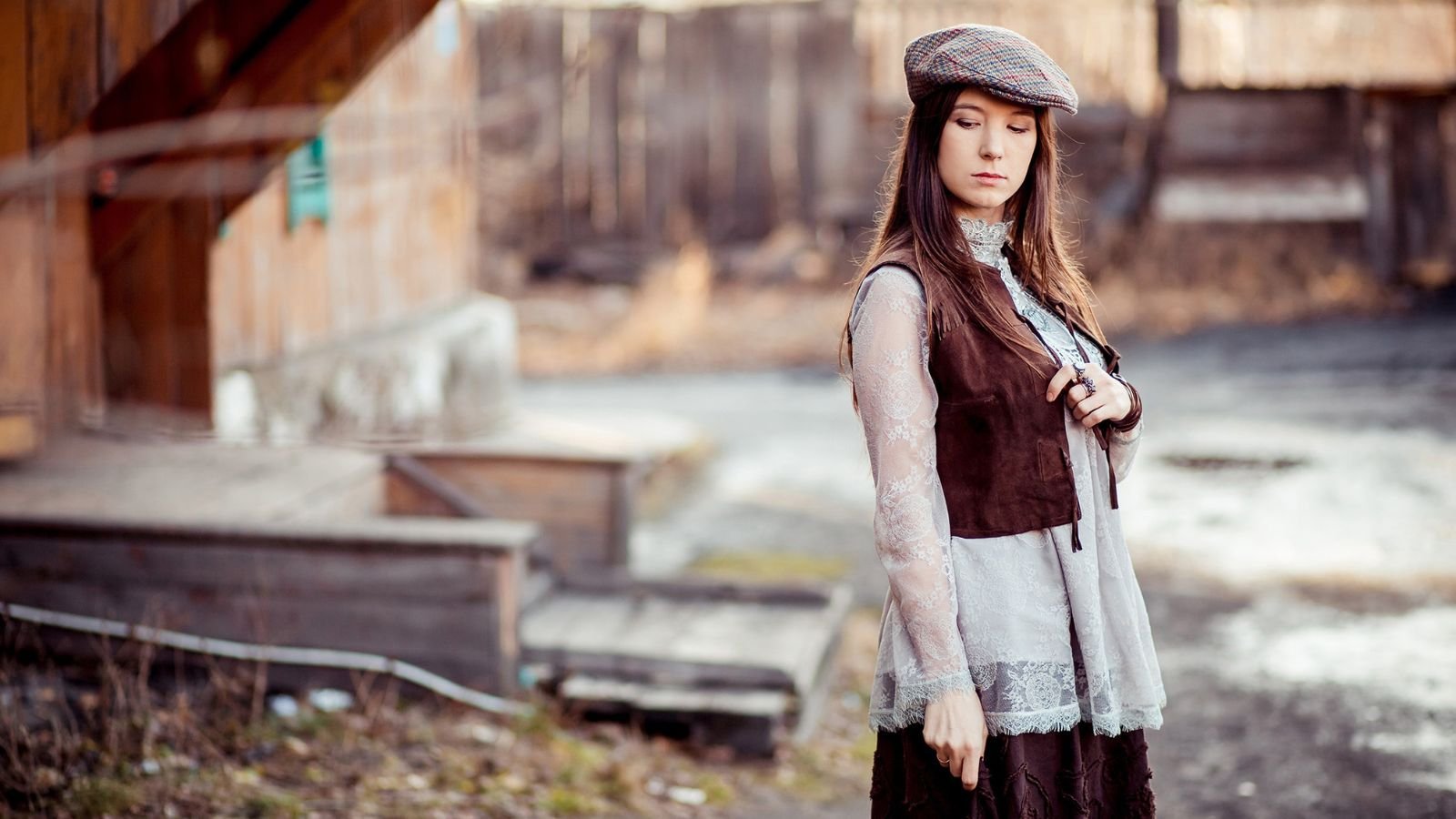Curiosity about different cultures is natural, and talking to people from other countries can be a great way to learn. However, when it comes to speaking with French people, there are certain questions you should avoid to prevent awkwardness or offending someone.
The French community often views phrases like “sacre bleu!” or “ooh la la” as outdated. Similarly, asking stereotypical questions or making assumptions based on clichés can be off-putting. We’ve compiled a list of such questions that one should never ask a French person. So, let’s dive into these questions and understand why they are wrong.
“Do You Really Eat Snails and Frogs?”

Asking a French person if they eat snails and frogs can be seen as a stereotype against them. It is offensive because it reduces their diverse cuisine to a cliché. While some French people do enjoy these dishes, they are not as common as many people think. France has a rich culinary tradition with a wide variety of foods. Focusing on snails and frogs can make it seem like you are not interested in their broader culture.
“Why Are French People So Rude”

Asking, “Why are French people so rude?” is offensive because it generalizes an entire nation based on a stereotype. This misconception often comes from cultural differences in communication styles. For example, French people might be more direct and formal, which can be misunderstood as rudeness by those from other cultures. However, like anywhere else, politeness and kindness vary from person to person.
“Do You Shower Everyday”

This question suggests that French people have poor hygiene, which is not true and can be very insulting. Hygiene practices vary from person to person, regardless of nationality. Bringing up such a stereotype can make the conversation awkward and hurtful. It’s better to avoid making assumptions about personal habits, as these private matters do not define an entire culture.
“Why Don’t You Speak English?”

Not everyone in France speaks English fluently. Hence, asking this question to a French person can be seen as disrespectful and insensitive. It implies that everyone should know English, ignoring that French is their native language. It’s more polite to try speaking in French or asking if they speak English in a respectful way. This shows that you respect their language and culture.
“Is Everyone in France on Strike?”

While strikes do happen in France, especially for workers’ rights and social issues, they are not constant and don’t involve everyone. This question can come off as dismissive of the legitimate reasons behind protests and can make French people feel unfairly judged. It’s better to acknowledge their strong tradition of standing up for their rights without assuming it’s an everyday occurrence for everyone.
“Do You Actually Like Wine and Cheese That Much?”

While wine and cheese are popular and cherished in France, French people, like everyone else, have diverse tastes and interests. This question can be seen as patronizing because it reduces French culture to just a few clichés. For example, just as not every American loves hamburgers and hot dogs, not every French person is obsessed with wine and cheese. It’s better to ask open-ended questions about their favorite foods or dining experiences.
“Why Are French Women So Thin”

This question is inappropriate because it makes assumptions about body image and promotes stereotypes. It suggests that all French women look a certain way, which isn’t true. Everyone’s body is different, and weight can be influenced by many factors, not just nationality. Some people might believe that French women stay thin because of their diet or lifestyle, but this overlooks individual differences and can make the person being asked feel uncomfortable.
“Are French Men Good Lovers?”

Asking a question like this is not only inappropriate but also perpetuates a stereotype based on romantic clichés from movies and media. A study published by The Local France discusses why this is such a big stereotype. This question invades personal privacy and reduces individuals to a single characteristic, which can be demeaning. For example, imagine asking someone from another culture about their personal or intimate life based on a stereotype. It would be equally uncomfortable and disrespectful.
“Is Paris The Only Beautiful City in France?”

Asking such a question overlooks the charm and history of many other French cities. France is home to numerous beautiful places like Lyon, with its rich culinary heritage, and Bordeaux, known for its stunning architecture and vineyards. Nice offers breathtaking views of the Mediterranean, while Strasbourg is famous for its picturesque old town and canals. By focusing only on Paris, you miss out on the diverse beauty and culture spread throughout the country.
“Do You Always Wear Berets?”

While berets are a symbol often associated with French culture, most French people don’t wear them daily. This question shows a lack of understanding about modern French fashion and can make the person feel like you’re reducing their culture to a simplistic image. Instead, showing interest in real aspects of their daily life and culture can lead to a more respectful and engaging conversation.
“Why Do You All Smoke So Much?”

While smoking rates in France have historically been high, it’s not fair to assume that every French person smokes. In fact, smoking rates have been declining due to public health campaigns and stricter regulations. This question can come across as judgmental and uninformed. It’s important to remember that habits and lifestyles vary widely among individuals, and making assumptions about an entire population can lead to uncomfortable conversations.
“Are French Schools Really That Easy?”

French schools have a rigorous education system with high academic standards. For instance, students face challenging exams like the Baccalauréat, which requires extensive preparation and hard work. By asking this question, you undermine the effort and achievements of French students and educators. It’s similar to assuming someone’s job is easy without understanding the complexities involved.
“You Know You’d Be Speaking German if it wasn’t for us Americans”

This statement oversimplifies the complex history of World War II and disregards the efforts and sacrifices of many countries, including France, in resisting Nazi Germany. It can come across as boastful and dismissive of the French resistance and the contributions of other Allied forces. Such a comment can offend and alienate French people, making a conversation sour.
